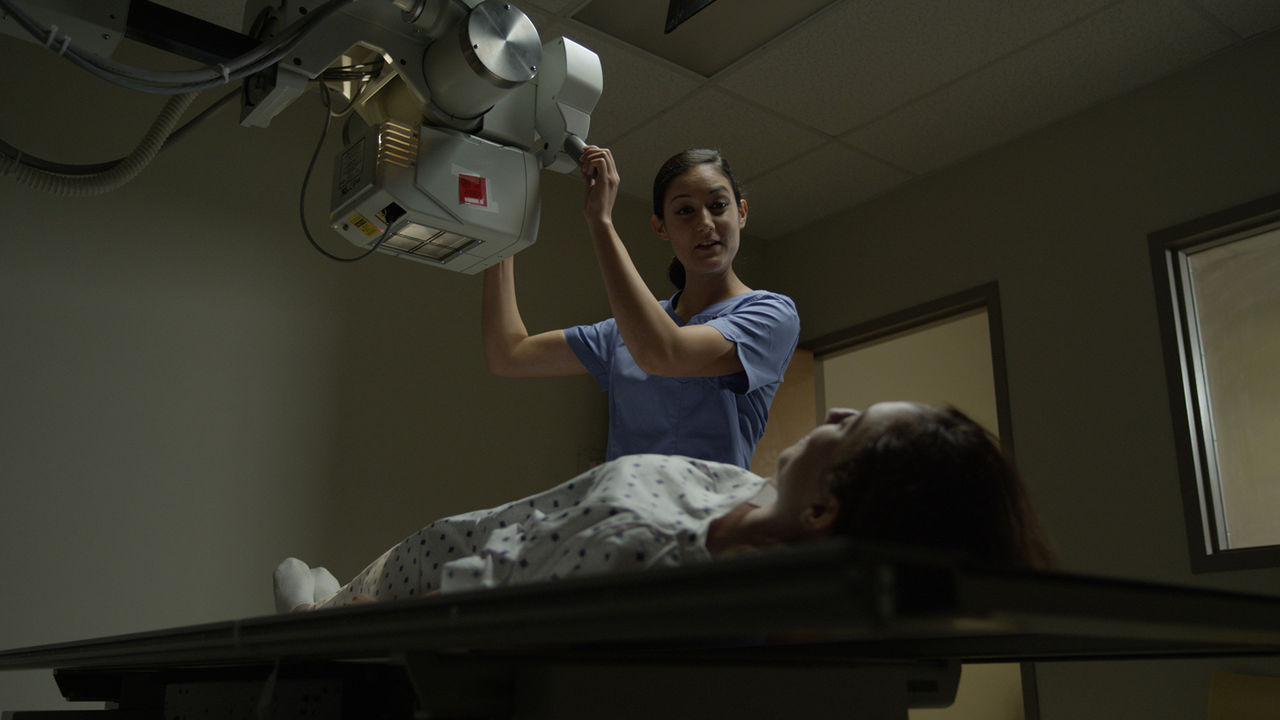Nov. 6-12 is National Radiologic Technology week, an annual celebration to recognize and celebrate the critical work that radiologic technologists do with medical imaging. The week also commemorates the Nov. 8, 1895 discovery of the X-ray by Wilhelm Conrad Roentgen. It was that Nov. 8 evening he discovered that a paper plate placed in the path of cathode rays in a dark room became fluorescent (to be fair, the procedure was a little more complicated than that). He called the new ray an X-ray.
Today X-rays and other kinds of medical imaging play a central role in diagnosing injury and disease.
What Radiology Technologists Do
Radiology technologists, also called Rad Techs or RTs, use radiologic imaging for viewing inside the body to see the state of bones, organs, and tissue. The images assist medical professionals in diagnosing disease, medical conditions, or bodily injuries like broken bones. Rad techs operate X-ray machines and related imaging equipment such as advanced CT (computed tomography), magnetic resonance imaging (MRI), and ultrasound machines (CT and MRI imaging may require additional training). They are essential members of medical teams, helping physicians determine a patient’s medical or injury diagnosis.
Interfacing with Patients
Not only do rad techs need technical expertise, but they also need to be able to communicate well because they work directly with patients. The job takes multiple skill sets. When a patient arrives for their imaging appointment, the rad tech might give them a gown (if it’s needed), will instruct them on the procedure, and will position them and the equipment accordingly to take the images ordered by the physician. That might include draping the patient with a lead shield to prevent unnecessary radiation exposure.
The rad tech also needs to use clear communication and patience to explain unfamiliar procedures to patients. As they explain procedures, rad techs also use patient-care skills like putting a nervous patient’s mind at ease and calming an upset child. A good chairside manner helps patients relax, which in turn makes the rad tech’s job easier.
If developing technical expertise alongside taking care of people sounds appealing to you, you might consider a career in radiology technology.
Exploring the Career
Fortis offers an associate degree program that can train students for entry-level positions in the radiologic technology profession. The program emphasizes the importance of patient care and how to safely use radiation. If you are interested in a career in radiologic technology, please schedule a tour at one of our campuses in Tennessee (Nashville and Cookeville), Ohio, Maryland, Georgia, or Louisiana. Please click here to learn more, or call 1-855-436-7847 for more information.


